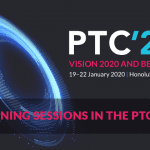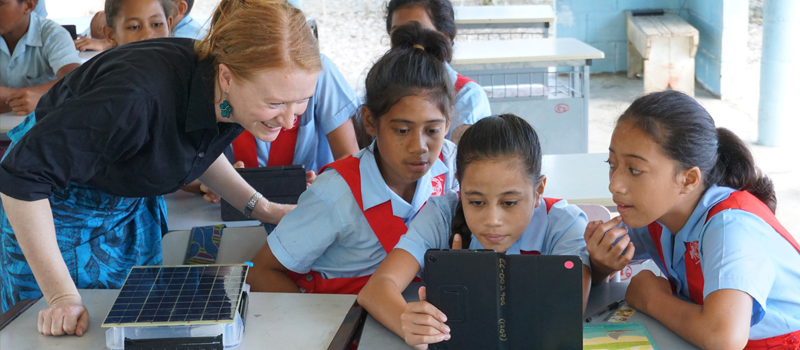 The SolarSPELL initiative provides unprecedented access to information through the curation and deployment of a digital library to resource-constrained locations around the globe. The project launched in the Federated States of Micronesia (FSM) in August 2015, thanks to seed funding from a PTC Projects grant. SolarSPELL digital libraries are solar-powered, portable, and waterproof to ensure usability in all climates. Each library houses a server that emits an offline WiFi hotspot, to which any WiFi-capable device can connect to and begin browsing the expansive, yet localized content. This innovative design overcomes frequent barriers to accessing resources in the developing world, such as a lack of Internet connectivity or electricity. Through collaborating with the U.S. Peace Corps and development-minded organizations in implementation regions, the SolarSPELL initiative has deployed over 270 digital libraries across eight countries to date.
The SolarSPELL initiative provides unprecedented access to information through the curation and deployment of a digital library to resource-constrained locations around the globe. The project launched in the Federated States of Micronesia (FSM) in August 2015, thanks to seed funding from a PTC Projects grant. SolarSPELL digital libraries are solar-powered, portable, and waterproof to ensure usability in all climates. Each library houses a server that emits an offline WiFi hotspot, to which any WiFi-capable device can connect to and begin browsing the expansive, yet localized content. This innovative design overcomes frequent barriers to accessing resources in the developing world, such as a lack of Internet connectivity or electricity. Through collaborating with the U.S. Peace Corps and development-minded organizations in implementation regions, the SolarSPELL initiative has deployed over 270 digital libraries across eight countries to date.
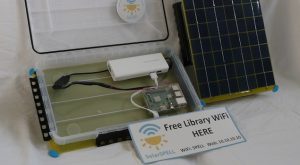
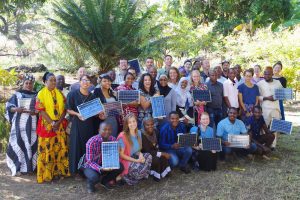
Employing a train-the-trainer model, the SolarSPELL team trains local implementation partners who remain on-site and can continue to teach local communities how to utilize the digital library.
During this inaugural implementation, 17 Peace Corps volunteers were trained in the use of a Pacific Islands version of the SolarSPELL library to bring back and introduce to their local primary schools. Upon realizing the incredible synergy between SolarSPELL and the U.S. Peace Corps’ mission to support grassroots development, the SolarSPELL team was eager to expand to additional Peace Corps posts. By the end of 2017, more than 180 Peace Corps volunteers had been trained and equipped with a SolarSPELL digital library across four Pacific Island nations: FSM, Vanuatu, Tonga, and Samoa.
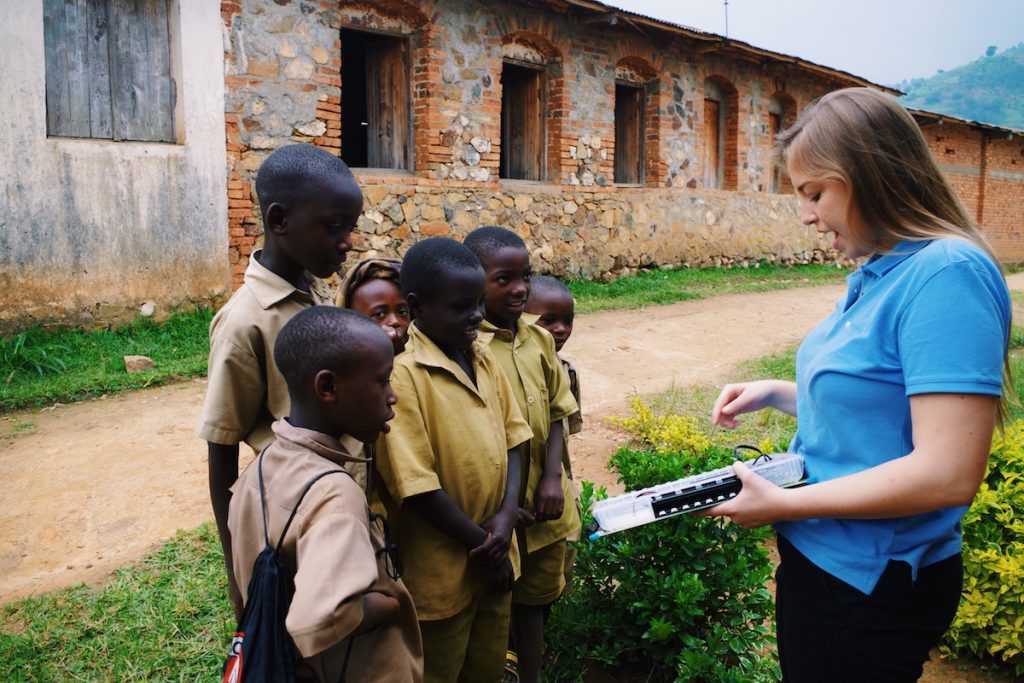
Upon completion of the second year of operation, the SolarSPELL initiative was poised to expand to a new region, East Africa. SolarSPELL libraries were initially implemented in Rwanda and South Sudan in early 2018, and the initiative expanded to Comoros (a small island nation off the coast of East Africa) in the latter part of 2018. To ensure the provided resources were regionally relevant, an East Africa SolarSPELL library was created and deployed in these countries.
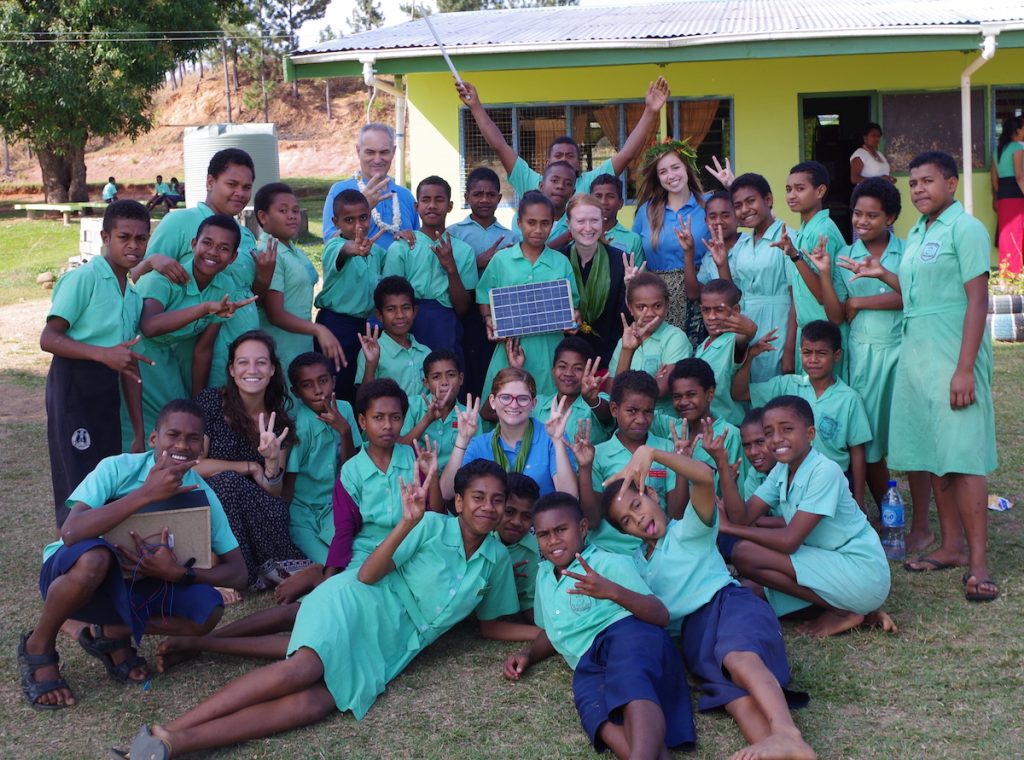
The SolarSPELL initiative remains a student-focused venture by providing increased access to educational information to underserved students around the world, as well as through involving Arizona State University (ASU) students in the work. Any given semester sees approximately 50 ASU students involved in every aspect of SolarSPELL, from assembling the libraries at our Build Days, to improving the user interface of the offline website, to designing better circuitry for the system, to helping curate new content and create lesson plans for the libraries. Some students also have the opportunity to travel to the field to see their on-campus work through to fruition, and to see what the true challenges are on-site.
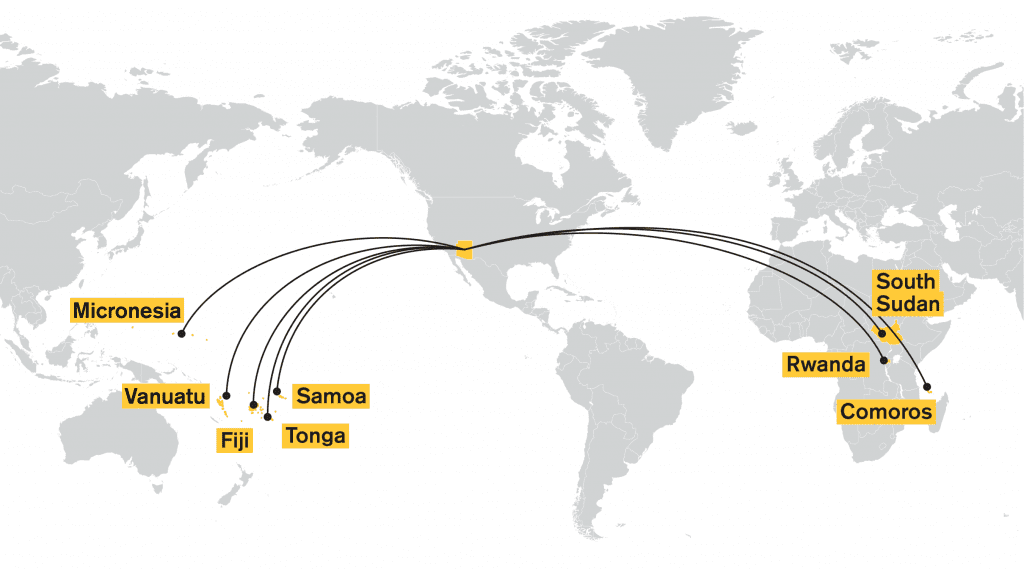
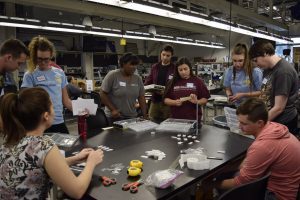
In the nearly four years since inception, the SolarSPELL initiative has trained more than 450 Peace Corps volunteers, local teachers, and school staff, and reached over 10,000 individuals across eight countries, and is continuing to expand. SolarSPELL’s innovative approach has enhanced educational opportunities for individuals living in hard-to-reach locations, who have endured decades of disparity in access to information. Through an offline, solar-powered platform, these communities have gained access to thousands of resources that can empower them with new knowledge and skills for thriving in the 21st century.
Learn more about SolarSPELL here: http://solarspell.org.







